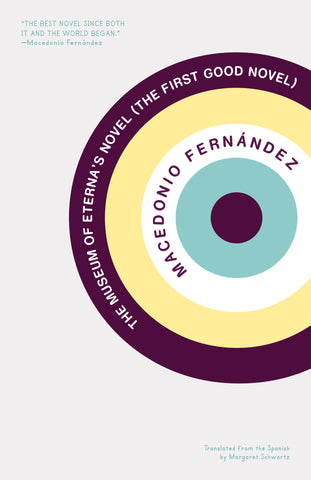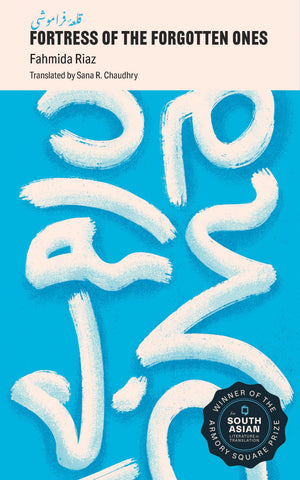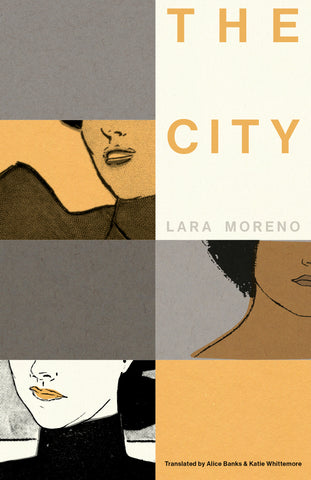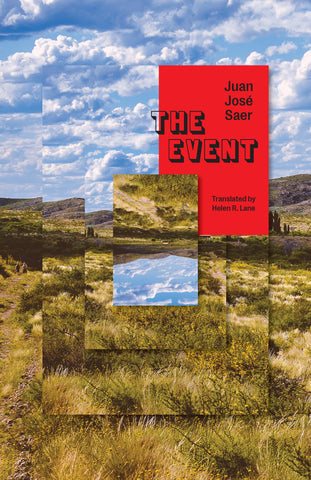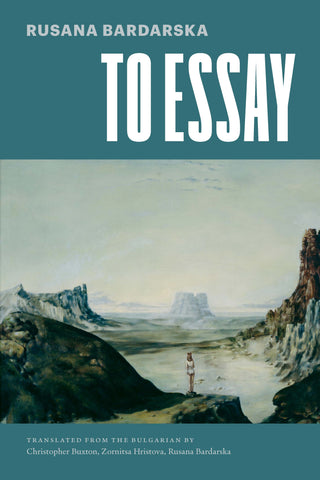The Museum of Eterna's Novel
$14.95
February 16, 2010
novel | pb | 240 pgs
5.5" x 8.5"
978-1-934824-06-1
"I imitated him, to the point of transcription, to the point of devoted and impassioned plagiarism. I felt: Macedonio is metaphysics, is literature. Whoever preceded him might shine in history, but they were all rough drafts of Macedonio, imperfect previous versions. To not imitate this canon would have represented incredible negligence."
—Jorge Luis Borges
The Museum of Eterna's Novel (The First Good Novel)is the very definition of a novel written ahead of its time. Macedonio (known to everyone by his unusual first name) worked on this novel in the 1930s and early '40s, during the heyday of Argentine literary culture, and around the same time that At Swim-Two-Birds was published, a novel that has quite a bit in common with Macedonio's masterpiece.
In many ways, Museum is an "anti-novel." It opens with more than fifty prologues—including ones addressed "To My Authorial Persona," "To the Critics," and "To Readers Who Will Perish If They Don’t Know What the Novel Is About"—that are by turns philosophical, outrageous, ponderous, and cryptic. These pieces cover a range of topics from how the upcoming novel will be received to how to thwart "skip-around readers" (by writing a book that’s defies linearity!).
The second half of the book is the novel itself, a novel about a group of characters (some borrowed from other texts) who live on an estancia called "la novella" . . .
A hilarious and often quite moving book, The Museum of Eterna's Novelredefined the limits of the genre, and has had a lasting impact on Latin American literature. Authors such as Jorge Luis Borges, Julio Cortázar, and Ricardo Piglia have all fallen under its charm and high-concepts, and, at long last, English-speaking readers can experience the book that helped build the reputation of Borges's mentor.
Translated from the Spanish by Margaret Schwartz
Introduction by Adam Thirlwell
•
About the Author: Macedonio Fernández is considered one of the greatest Argentine writers of the twentieth century. He was a close friend of Jorge Luis Borges, and Macedonio's metaphysical and aesthetic ideas greatly influenced Borges's generation. The mythical life of Macedonio is almost as interesting and fun as his books. Some of the stories about his life include: his campaign for president, which consisted of leaving notecards with the word "Macedonio" on them throughout Buenos Aires' cafés; his attempt to found a utopian society, only to be thwarted by pesky mosquitoes; and his belief that he shouldn't publish, instead allowing his work time to "age." He passed away in 1952, and the first edition of Museo de la Novela de la Eternawas released in 1967.

